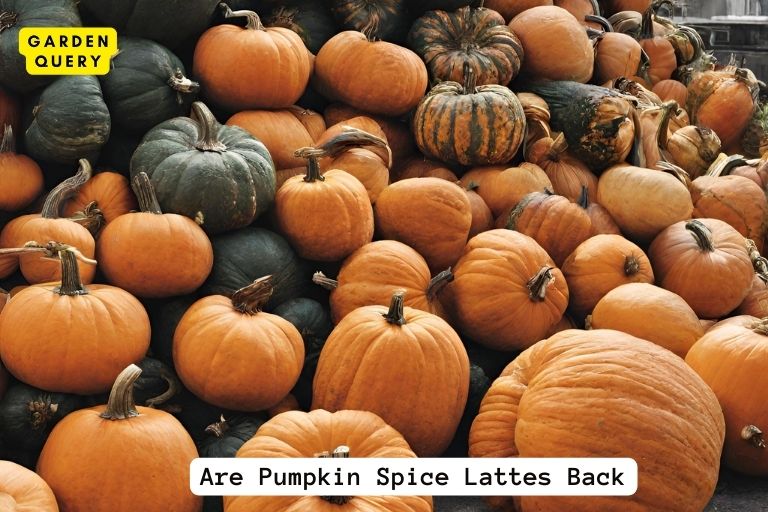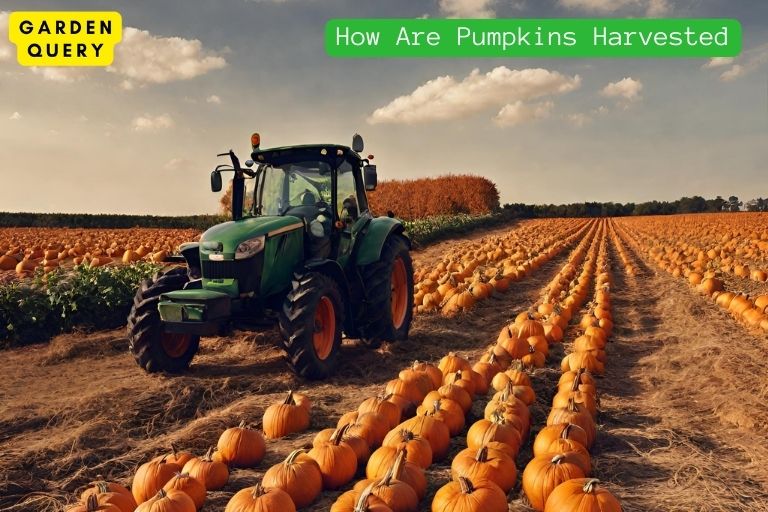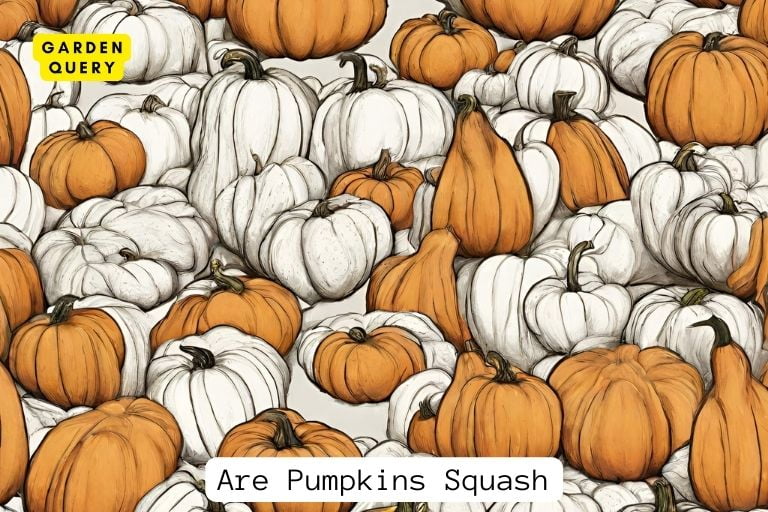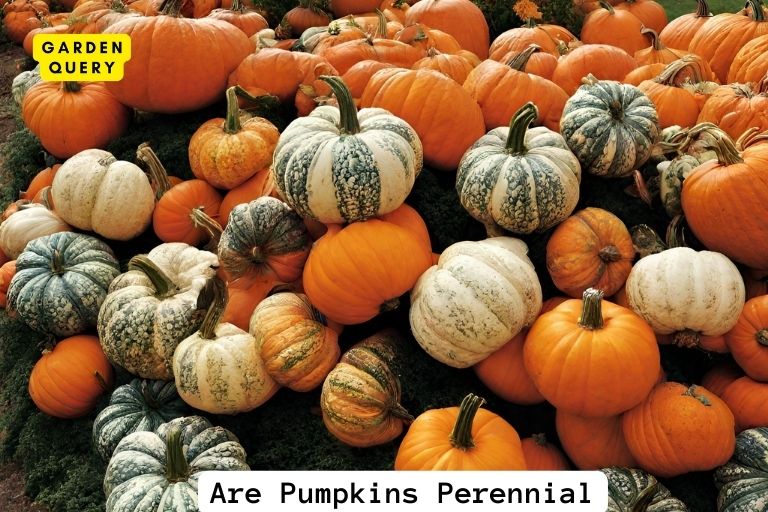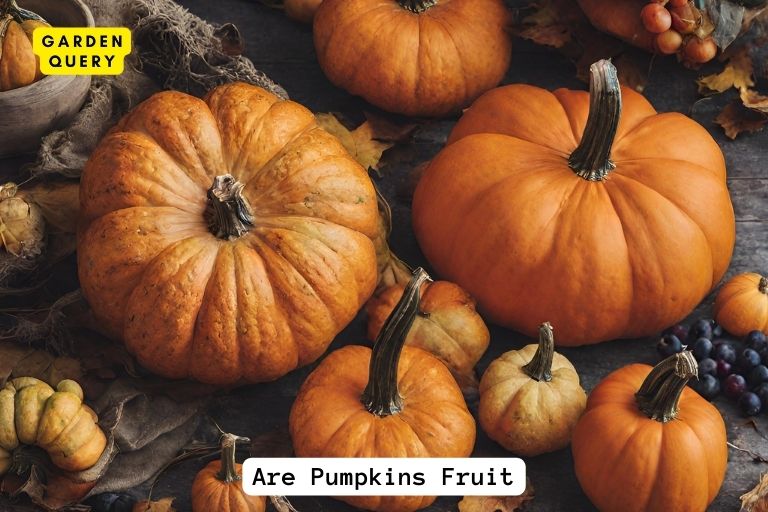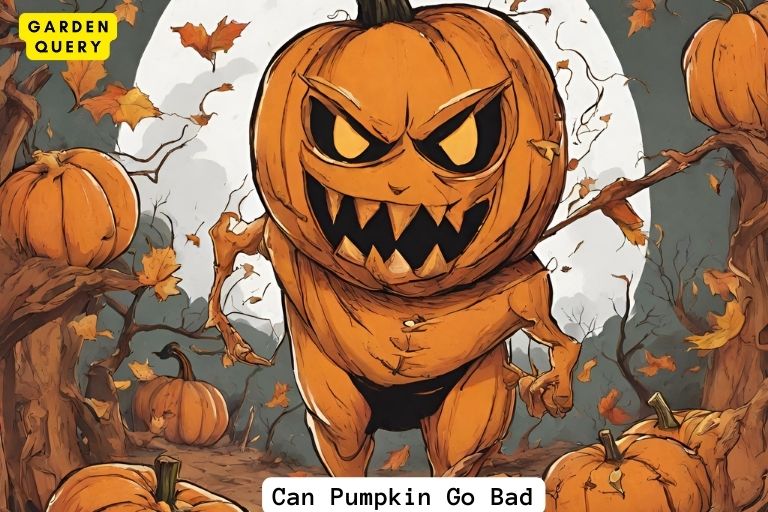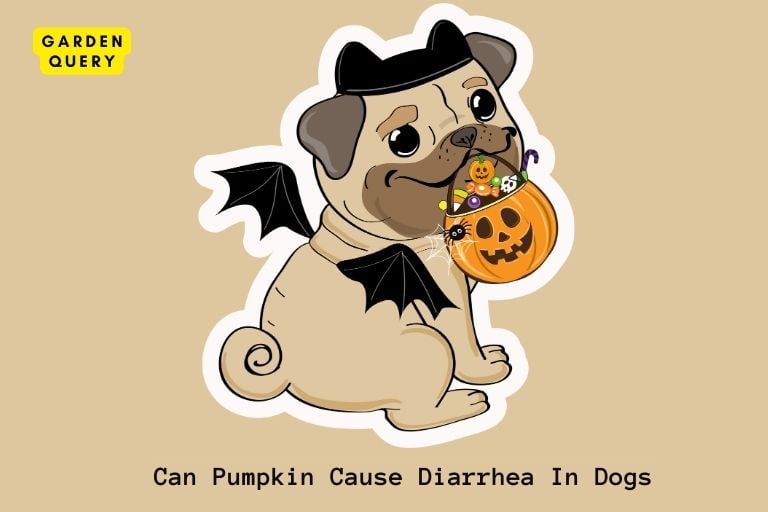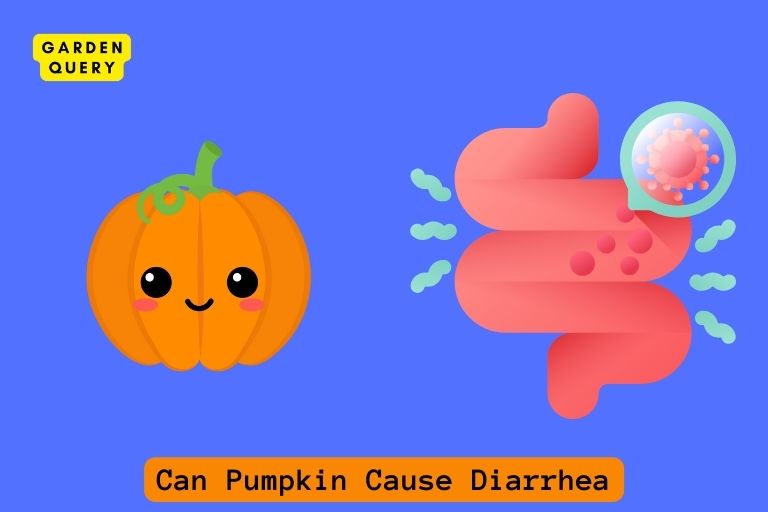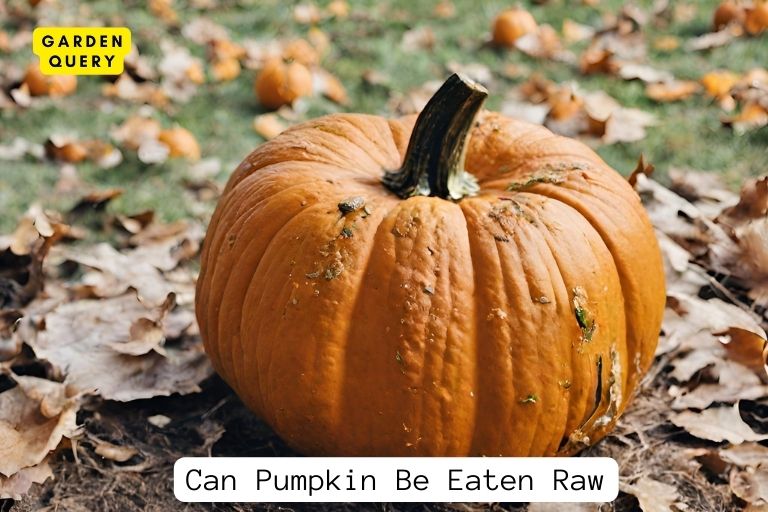Are Pumpkin Spice Lattes Back?
Yes, pumpkin spice lattes are back, heralding the arrival of fall and the cozy embrace of the beloved autumn flavor. Key Takeaway Pumpkin Spice Lattes Fond memories of pumpkin spice latte season As the leaves turn golden and the air becomes crisp, anticipation fills the hearts of coffee enthusiasts everywhere. It can only mean one…
